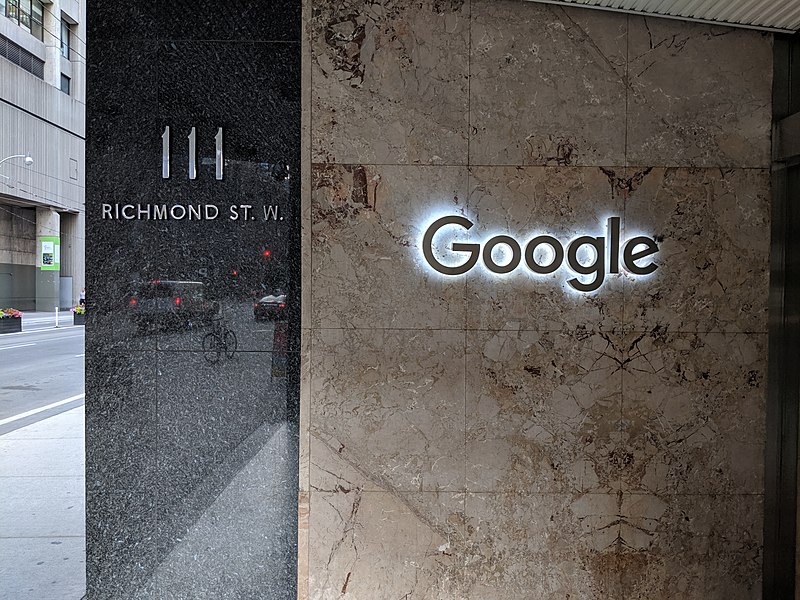While Republicans and Democrats alike support action against Google, some observers have criticized the timing of the case.
The Trump administration has filled a massive antitrust lawsuit against Google.
According to CNN, the Department of Justice’s push against Google constitutes the largest antitrust case filed against a technology company in more than 20 years.
In its complaint, the Justice Department claims that Google has intentionally stifled competition to retain its leading position in the search engine and advertising markets.
The Trump administration is not alone in its lawsuit, either. So far, eleven states’ attorneys general have signed aboard the proceedings. They include Arkansas, Florida, Georgia, Indiana, Kentucky, Louisiana, Mississippi, Missouri, Montana, South Carolina, and Texas.
CNN says that the “complaint targets a series of interlocking actions by Google,” which, when taken together, harmed competitors and prevented rival search engines from attaining new users.
Google, claims the administration’s lawsuit, has also paid billions of dollars to device manufacturers—such as Apple, LG, Motorola, and Samsung—as well as browser developers, like Mozilla and Opera, to be each respective platform’s default search engine.
U.S. Deputy Attorney General Jeffrey Rosen told reports that “nothing is off the table”—including a potential break up of Google.
“We could lose the next wave of innovation,” Rosen said, suggesting that “Americans may never get to see the next Google” if firm action is not taken now.

Naturally, Google has been critical of the government’s antitrust suit. The company’s SVP of Global Affairs and Chief Legal Officer, Kent Walker, wrote a blog post condemning the investigation and legal filing as inherently flawed.
“Today’s lawsuit by the Department of Justice is deeply flawed,” Walker said. “People use Google because they choose to, not because they’re forced to, or because they can’t find alternatives.”
“People find information in lots of ways: They look for news on Twitter, flights on Kayak and Expedia, restaurants on OpenTable, recommendations on Instagram and Pinterest,” he added. “And when searching to buy something, 60 percent of Americans start on Amazon. Every day, Americans choose to use all these services and thousands more.”
Walker also said that, if successful, the department’s suit would do little to help consumers.
“To the contrary,” Walker wrote, “it would artificially prop up lower-quality search alternatives, raise phone prices, and make it harder for people to get the search services they want to use.”
Publications like The Los Angeles Times have opined that the Justice Department’s move against Google is generally for the public good—but that the case’s timing, and President Donald Trump’s recent outburst against technology companies, is highly problematic.
For instance, the Times observes that Public Citizen—a consumer advocacy group that would normally “applaud” action against Google—was quick to decry the lawsuit as “nothing more than a thinly veiled political stunt,” in large part because it appears President Trump may have pushed the filing to garner support in the upcoming election.
Regardless, there appears to be broad, bipartisan support for an intense, focused suit against Google.
The Democratic majority in the House Judiciary Committee, for instance, recently called Google one of several “scrappy, underdog startups that challenge the status quo [yet] have become the kinds of monopolies we last saw in the era of oil barons and railroad tycoons.”
Google, adds CNN, has already faced billions of dollars in antitrust fines from regulators in Europe.
However, the United States has failed to take any substantive, successful action against Google in years.
Sources
Column: An antitrust case against Google is a good thing, but Trump’s involvement is not
Texas joins Trump administration’s lawsuit against Google, arguing the tech company has a monopoly
The US government sues Google for alleged anticompetitive abuses in search


Join the conversation!